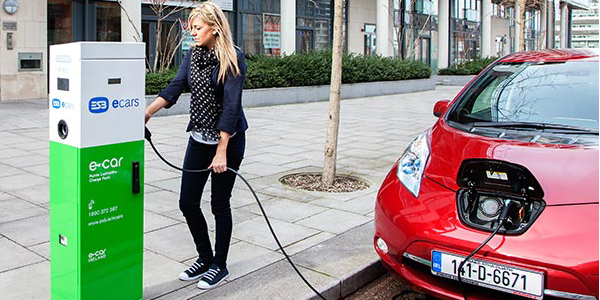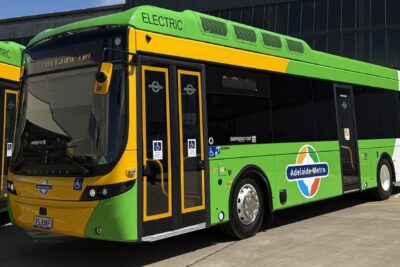Ireland reshapes EV and charging subsidies
Ireland is reshaping its EV measures. Subsidies and some funds have been discontinued, while others have been extended or created. More funds have been allocated for electric vehicle purchase and charging infrastructure, and requirements on charging provisions in new buildings have been added.
The Irish government changed its electric vehicle subsidies: €3,800 grant for businesses purchasing fully-electric cars or plug-in hybrid cars, but these grants will continue for electric vans. The Irish government said the discontinuation of the €3,800 for companies buying electric vehicles and plug-in hybrids was because “the generous benefit-in-kind tax relief that is available for these vehicles is considered adequate incentive to drive growth in this sector”. Electric vans, however, will continue to be eligible.
What remains the same is that employees opting for fully electric vehicles will continue to receive a Benefit-in-Kind (BIK) zero per cent rate, now extended to 2022. Also remaining is the €5,000 tax rebate on Vehicle Registration Tax (VRT) for fully-electric vehicles, provided by the Sustainable Energy Authority of Ireland (SEAI). However, these grants have now been restricted when it comes to hybrids: only plug-in hybrids qualify if they have CO2 emissions below 50g/km and a purely electric range of at least 50km. The changes will apply to all applications received from 23 October.
As for the increased funds available, the Minister for Finance, Paschal Donohoe said that another €8 million would be put towards EV purchases bringing the total allocated in 2020 to €14 million. Another €3 million has been freed up for EV charging infrastructure on top of the €10 million being put forward by the Climate Action Fund for the development of the public charging network. Taxi ranks should also be upgraded at transport hugs with fast charging points. Also regarding charging infrastructure, new buildings with more than ten parking spaces are now required to provide charging points, and as of 2025, all non-residential buildings with over 20 parking spaces will have to install charging facilities.
The Irish government website claims that: “Government grants have supported a fivefold increase in electric vehicle purchases since 2016. Budget 2020 will see €36m allocated in 2020 (compared €18m in Budget 2019) to incentivise uptake further. We will double the number of home chargers installed, and the fast charger network will also double in 2020. We will further rollout the nationwide network of on-street chargers.”
Other measures include decarbonising the energy supply with grants for the development and installation of renewable energy generation.
irishtimes.com, merrionstreet.ie





0 Comments